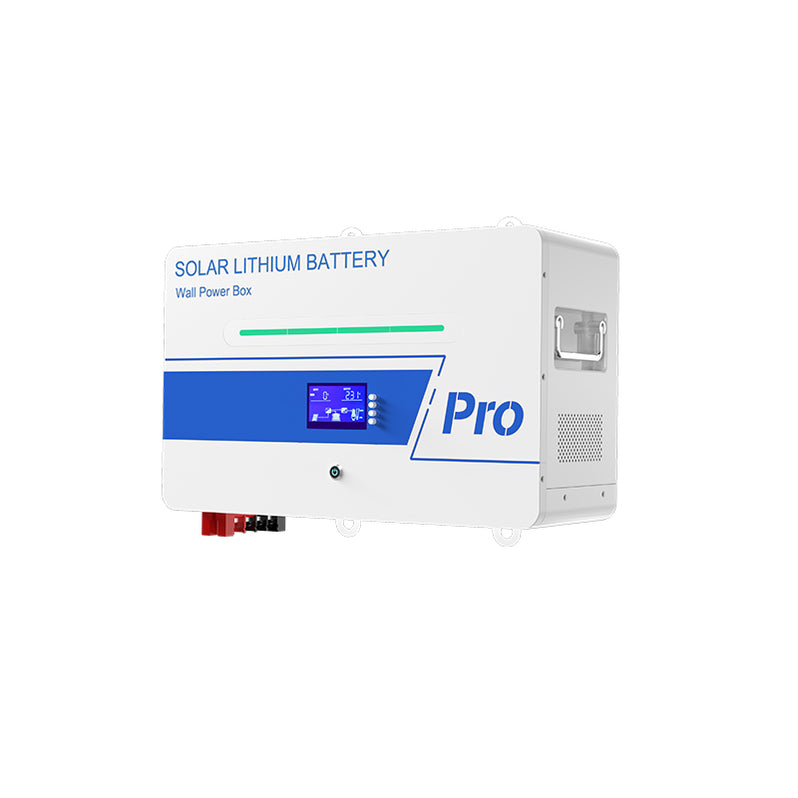Unlock the Power of the Sun: Discover the Best Solar Batteries for Your Home Today!
As the world increasingly shifts towards sustainable energy solutions, solar energy has emerged as a leading contender for homeowners looking to reduce their carbon footprint and save on energy costs. One of the most significant innovations in this realm is the solar battery, which allows individuals to store excess energy generated from their solar panels for later use. This technology not only promotes energy independence but also contributes to substantial cost savings over time while protecting the environment. In this article, we will explore the various types of solar batteries for sale, helping you find the best options to meet your specific needs and preferences.

Understanding Solar Batteries
Solar batteries are devices that store energy generated by solar panels, making it available for use when the sun isn’t shining. This is particularly important for homeowners who want to maximize their solar investment by using the energy they’ve generated during the day at night or during cloudy days. There are several types of solar batteries to consider, each with its unique characteristics. Lithium-ion batteries are currently the most popular choice due to their high energy density, long lifespan, and relatively low maintenance. These batteries are lightweight and can be easily integrated into existing solar setups. On the other hand, lead-acid batteries, while cheaper, tend to have a shorter lifespan and require more maintenance, making them less appealing for long-term use. Flow batteries represent another option, offering scalability and long cycle life, but they are generally less common due to higher costs and complexity. Understanding these different types will help you make an informed decision based on your energy needs and budget.
Factors to Consider When Buying Solar Batteries
When shopping for solar batteries, several key factors will influence your choice and ultimately the performance of your solar energy system. Capacity is one of the most critical attributes, as it determines how much energy a battery can store. A higher capacity means more stored energy for nighttime use. Lifespan is equally important; look for batteries with a longer warranty period, signaling durability and reliability. Efficiency refers to how much of the stored energy can actually be used, with higher efficiency ratings translating to better performance. Depth of discharge (DoD) indicates how much of the battery’s capacity can be safely used without damaging it; a higher DoD allows for greater utilization of the stored energy. Lastly, understanding the warranty options available can provide peace of mind, ensuring that you have recourse should any issues arise. By considering these factors, you can identify the solar battery that best fits your individual energy requirements and home setup.
Where to Find Solar Batteries for Sale
There are numerous avenues for purchasing solar batteries, each with its advantages and disadvantages. Online marketplaces offer a wide selection and competitive pricing, making it easy to compare different models and read customer reviews. Local retailers can provide the benefit of hands-on assistance and immediate availability, allowing you to ask questions and receive guidance from knowledgeable staff. Additionally, solar energy companies often sell batteries as part of their service offerings, providing a more integrated purchase experience. When selecting a seller, it's essential to assess their reliability and reputation. Look for sellers with positive customer feedback, a track record of service, and clear return policies. Doing your research can help you find trustworthy sources for your solar battery needs.
Installation and Maintenance of Solar Batteries
The installation and maintenance of solar batteries play a crucial role in ensuring their longevity and performance. While some DIY enthusiasts may be tempted to install batteries themselves, hiring a professional is highly recommended to ensure safe and proper installation. Professionals can also assess your specific setup and make necessary adjustments for optimal performance. Routine maintenance is essential for keeping your solar batteries in good condition. This includes monitoring battery health, checking connections, and ensuring that the system is functioning correctly. Utilizing monitoring systems can provide real-time data, allowing you to keep tabs on your energy usage and battery performance, further enhancing the efficiency of your solar energy system.
Making an Informed Choice on Solar Batteries
In conclusion, selecting the right solar battery is a crucial step towards achieving energy independence and maximizing the benefits of solar energy. By understanding the different types of batteries, the factors that influence your choice, and where to find them for sale, you can make an informed decision that aligns with your energy needs and budget. Remember to consider installation and maintenance aspects to ensure your system operates efficiently over the long term. With the right solar battery, you can look forward to a sustainable and cost-effective energy solution that benefits both you and the environment.







